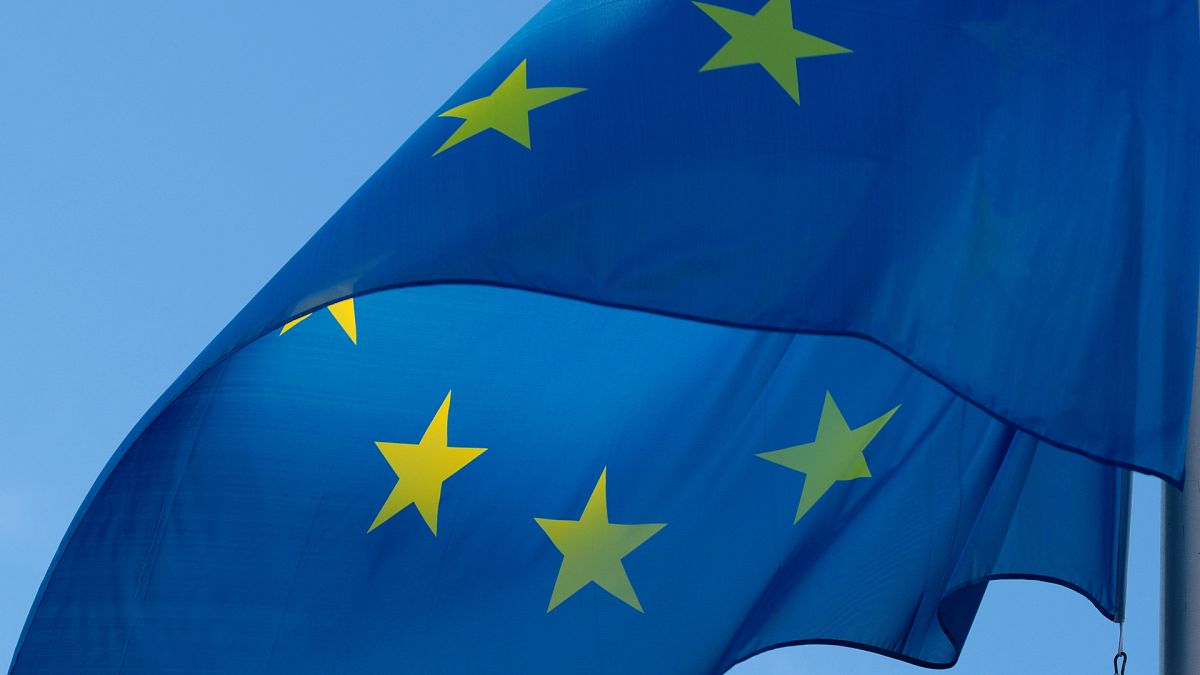Schengen visas will be more expensive from 11 June

The cost of a Schengen visa is going up this June, the European Commission has confirmed.
It is increasing in price by 12 per cent. The basic fee for a Schengen visa is going to rise from €80 to €90 for adults and from €40 to €45 for children. The Commission has blamed the price hike on inflation in member states.
It says fees are still “relatively low” compared to the cost of a visa in other countries. The UK, for example, starts at €134, the US around €185 and Australia €117.
Schengen countries include EU member states except Ireland and Cyprus as well as Romania and Bulgaria for land borders. Though they aren’t EU members, Norway, Iceland, Lichtenstein and Switzerland are also part of the Schengen Convention.
The fee for Schengen visas will increase from 11 June this year.
Who needs a Schengen visa?
Schengen visas are needed for non-EU citizens who don’t benefit from the EU/Schengen Area’s 90-day rule. That includes South Africa, India, Pakistan, Sri Lanka and China, among others.
They are needed for tourism or visits to family but can’t be used for work in 28 European countries. With a Schengen visa, you can visit for up to 90 days in any six month period.
People from countries including the US, Canada, the UK and Australia who are visiting for short periods of time don’t need to apply for a Schengen visa. This is because they are entitled to 90 days of visa-free travel out of every 180.
Anyone who wants to stay longer or to stay for work would need to apply for a different visa from the country they want to visit.
Why are Schengen visa fees going up?
Every three years the Commission assesses these fees and can increase them based on a list of “objective criteria”. This includes inflation rates and the average salary of a civil servant in member states.
It proposed the price hike on 2 February after a meeting in December where member states supported the revision with an “overwhelming majority”.
The Commission has also proposed to let external providers of Schengen visas increase their fees in line with the revision.
The maximum amount that external providers, such as visa agencies which collect Schengen visa applications on behalf of the member states, can charge is usually half the standard fee. It has proposed raising this from €40 to €45.
In contrast, the fee for a Schengen visa extension will remain fixed at €30.
The EU is also considering increasing fees even further for countries that show “insufficient cooperation on readmission” – accepting the re-entry of individuals expelled from member states.
For countries that have not demonstrated cooperation in citizen readmission, the cost could increase from €120 to €135 and from €160 to €180.
Related
Brits forced to pay fee to visit these 30 countries…
UK tourists will be required to pay a fee to visit 30 countries in Europe under new European Union (EU) travel rules.The rules mean British holidaymakers will n
The beautiful European island with just 148 locals
Irakleia is a beautiful island in the Minor Cyclades of Greece, nestled in the heart of the Aegean Sea and just an hour away from Naxos. Officially recorded t
Warning issued for Brits flying easyJet and Ryanair to popular…
Passengers flying with Ryanair, easyJet and British Airways should expect disruption (Picture: Urbanandsport/NurPhoto via Getty Images) Passenge










